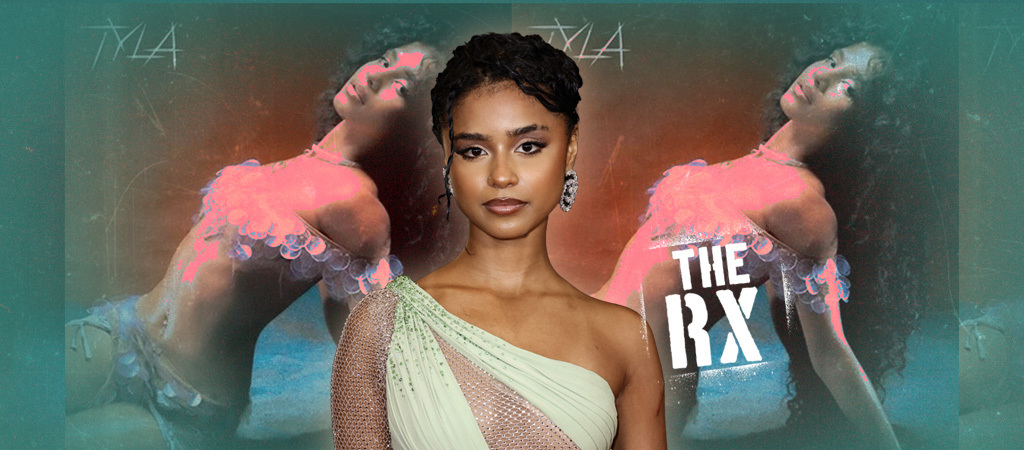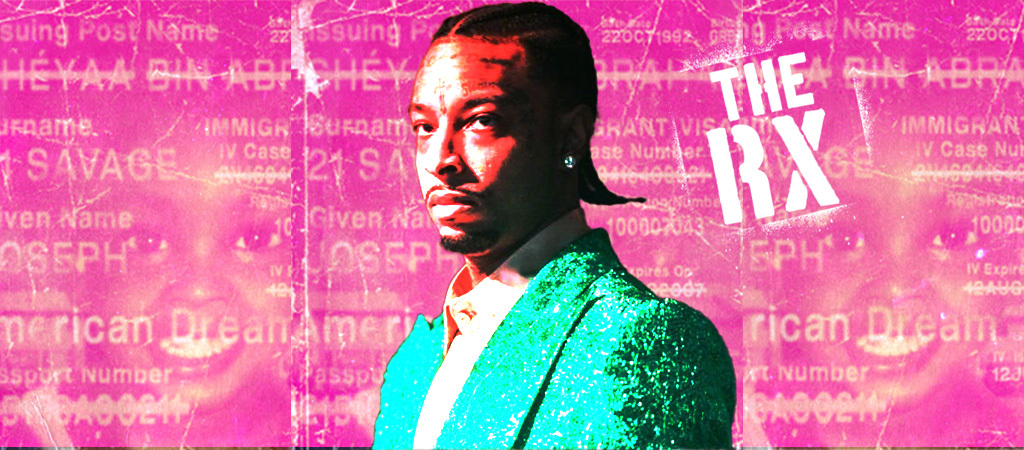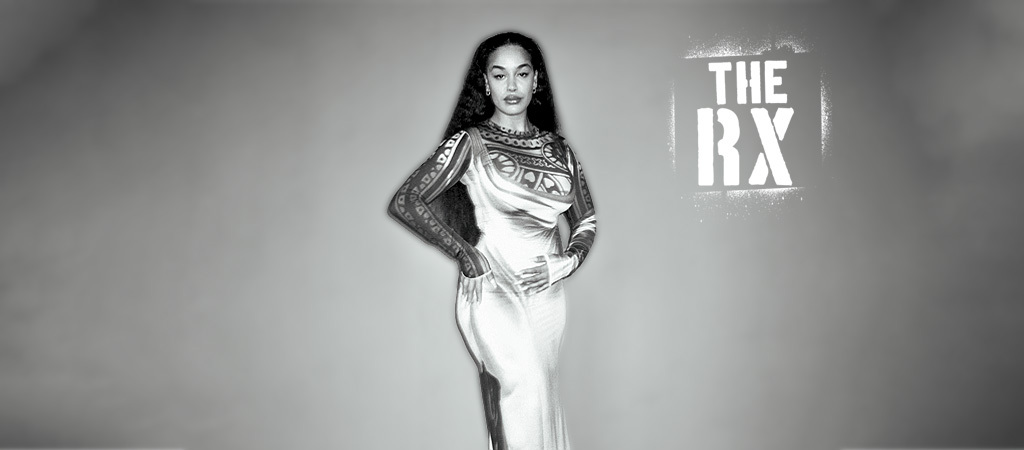
The RX is Uproxx Music’s stamp of approval for the best albums, songs, and music stories throughout the year. Inclusion in this category is the highest distinction we can bestow, and signals the most important music being released throughout the year. The RX is the music you need, right now.
What a month. March 2024 was largely defined by a string of controversies, conflicts, and conspiracy theories, which kept us a tad bit too busy for some of our typical in-depth musical coverage.
But there were also so many good hip-hop albums, I didn’t want the month to end without at least tipping my cap to the array of innovative releases that would have normally been given the RX seal of approval if there weren’t 1,000 other things going on.
And so, I present to you, loyal readers of Uproxx – and newcomers, too – to the first edition of the Best Hip-Hop Albums of the Month. Let’s call it an extension of my weekly column, designed to collect and rightfully praise the projects that impressed us the most over the past 30 or so days. After all, who says new albums only deserve a week’s worth of attention?
Flo Milli – Fine Ho, Stay
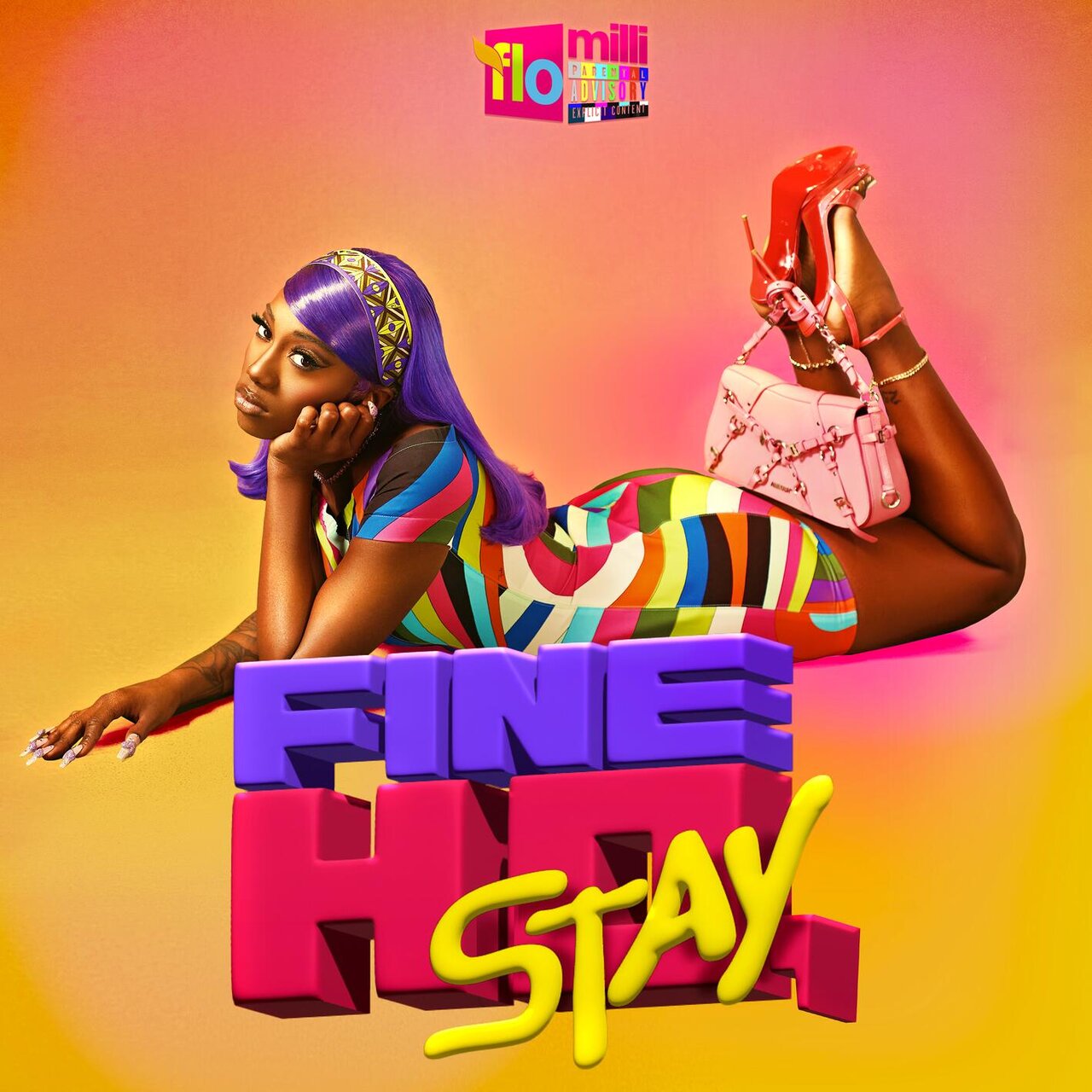
Although it’s technically the Alabama rapper’s second studio album, her latest release completes a trilogy begun by her fan-favorite 2020 debut mixtape, Ho, Why Is You Here?. The new album expands on the world-building she did on it and its 2022 follow-up (and her debut album) You Still Here Ho?, the album contains contributions from Anycia, Cardi B, SZA, Gunna and Monaleo. Still, Flo Milli remains the star of the show, showing off an impressive degree of growth and polish across 14 tracks, including her latest breakout hit, “Never Lose Me.”
Kenny Mason – 9
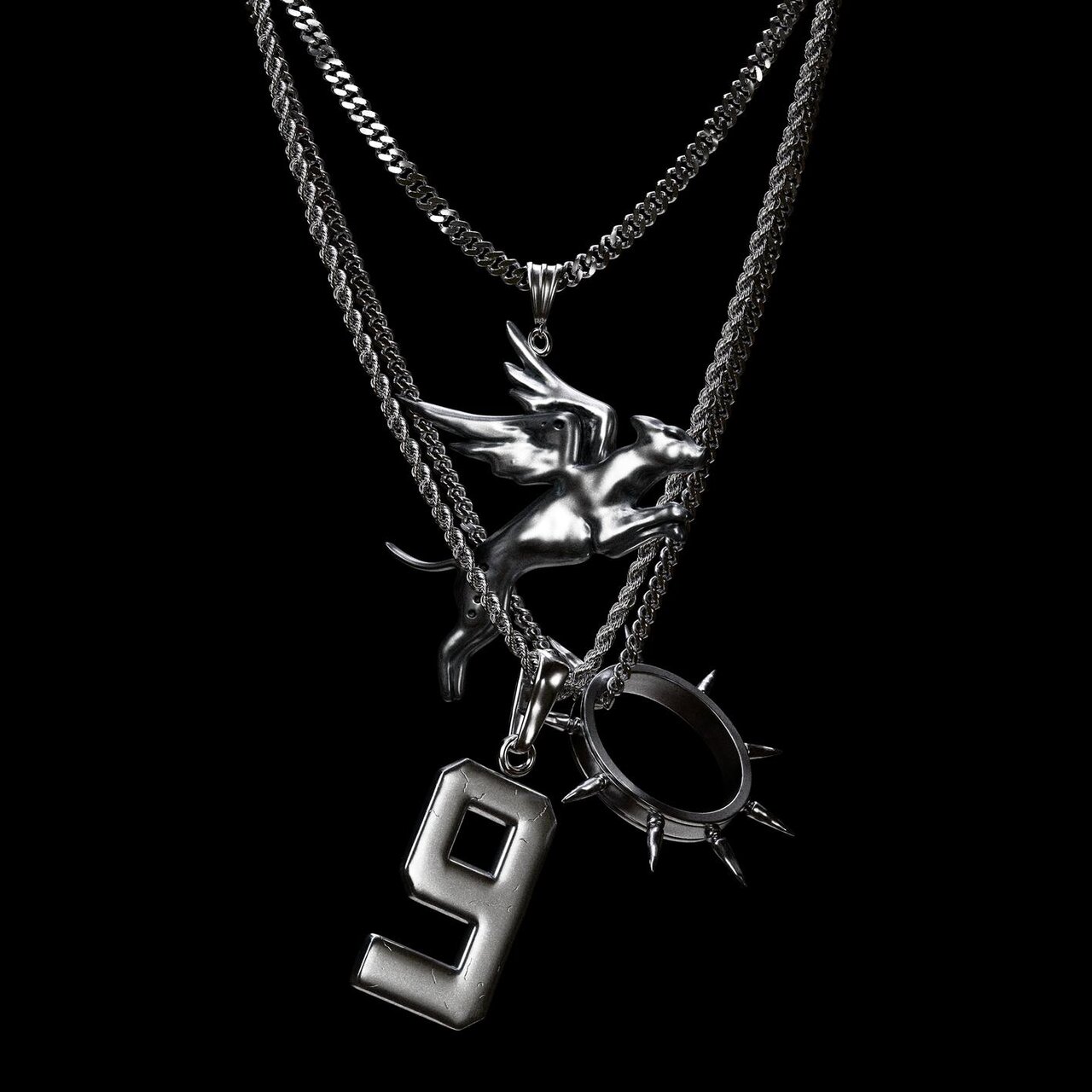
It’s almost impossible to truly categorize what kind of music Atlanta native Kenny Mason actually makes. An amalgamation of Atlanta staples like trap, the Southern-fried funk rap of Outkast, the gloomy grunge of early-90s Nirvana, and soulful, blurry-eyed Bandcamp boom-bap, Kenny vividly details teenaged malaise, early adulthood angst, and stressful street trials without any part seeming trivial or melodramatically heightened in comparison to the others. 9’s guestlist is as eclectic as its subject matter, tapping Babydrill, Toro Y Moi, and Veeze.
Kyle – Smyle Again
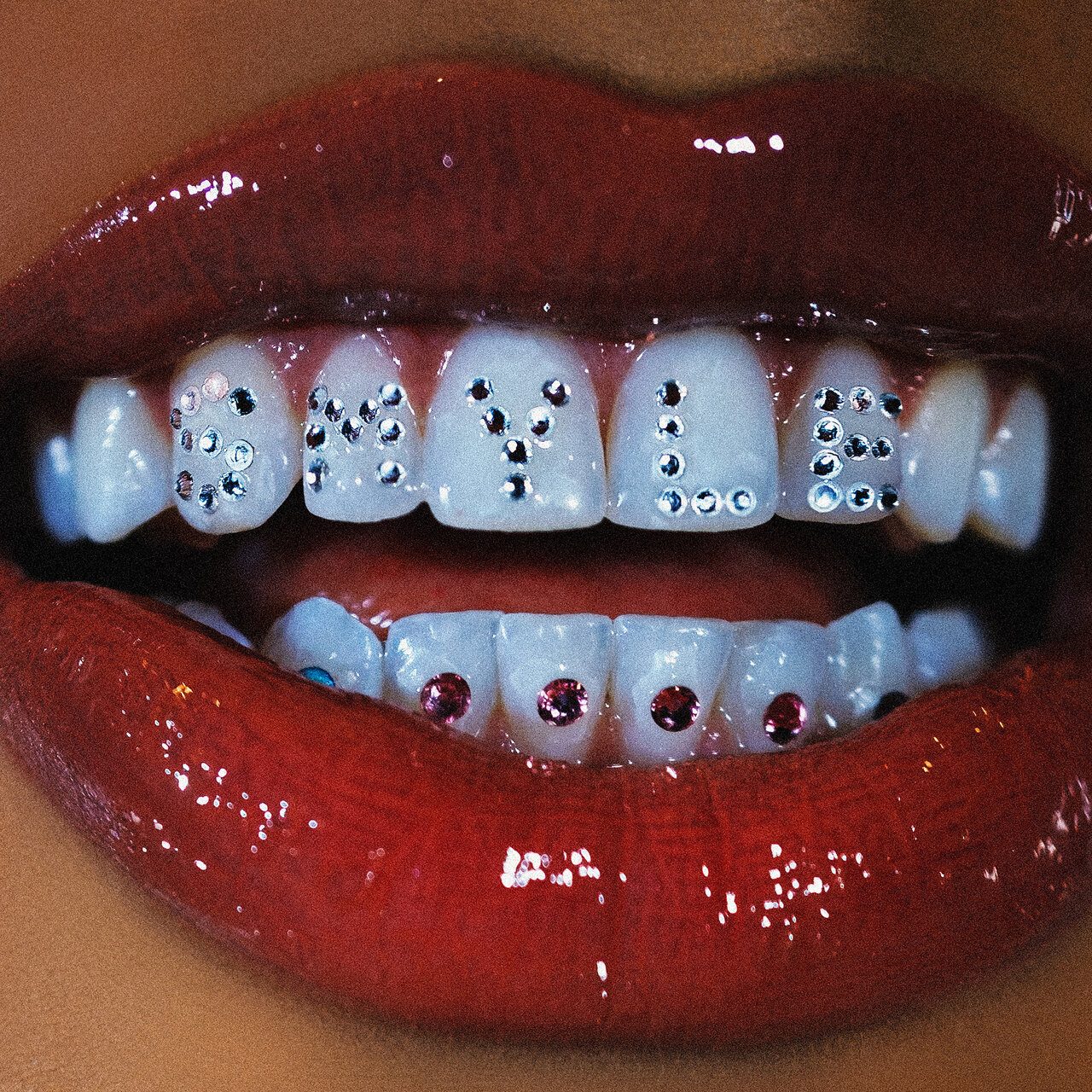
Longtime readers of my Best Hip-Hop of the Week column will likely be aware that this album combines two of my favorite things in hip-hop at the moment: A fellow West Coast native and the ongoing Black reclamation of EDM. Despite its title, Kyle’s latest doesn’t rehash the content or sound of his breakthrough 2015 mixtape; rather, it revisits its spirit, in a full-circle moment that allows the Ventura product to reflect on his career and have a little fun in the process. Utilizing an eclectic soundscape that draws on UK 2-step and garage, Smyle Again is a unique gem no one should overlook in the search for truly original hip-hop.
Schoolboy Q – Blue Lips
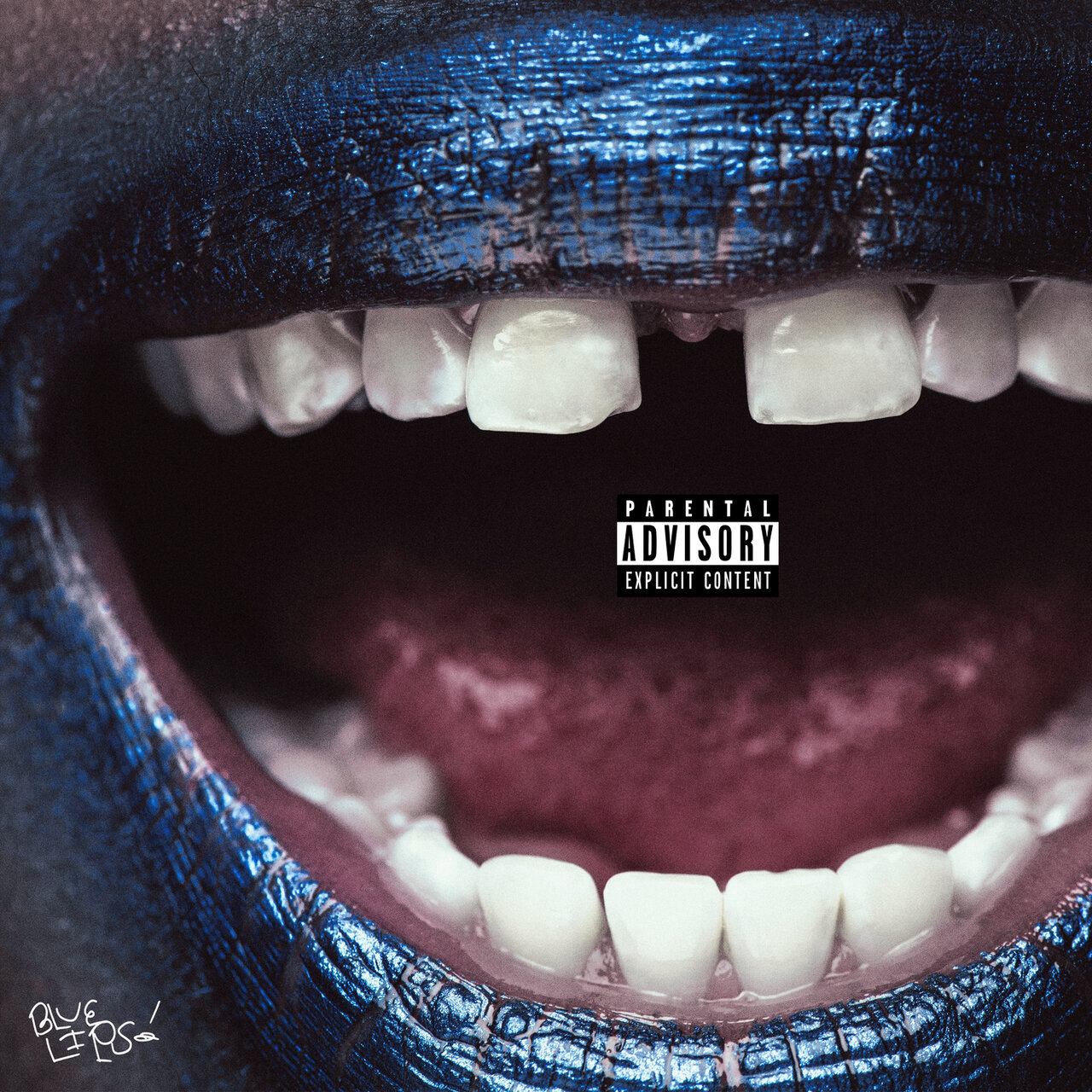
Q’s first new album in five years is a gritty review of his journey so far through the eyes of a weathered vet. Sonically adventurous, it swerves erratically from blue-era Miles Davis jazz to menacing, guttural street Gothic opera, never settling into one mode for too long – or indeed, for very long at all. Yet, Q’s grizzled, paranoid flow holds everything together generating order in the chaos as he takes stock of his successes, which would be surprising if not for the perseverance he needed to exert to survive long enough to enjoy them. “Yeern 101” is a standout.
Tierra Whack – World Wide Whack
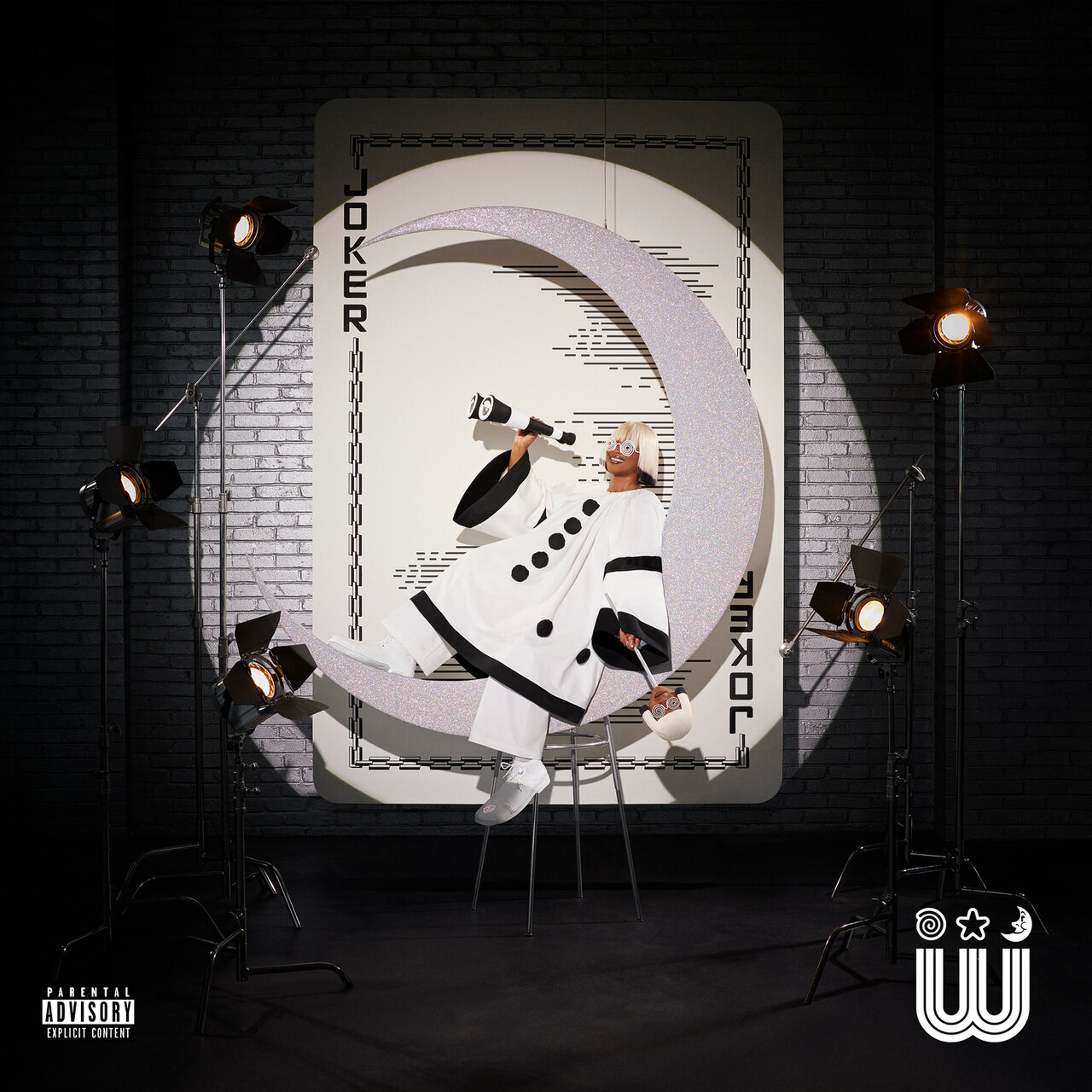
I haven’t been as devastated by a rap album since Rexx Life Raj’s 2022 album The Blue Hour. Where Whack’s colorful costumes and whimsical backing tracks might lure listeners into a false sense of upbeat security, the themes she tackles here – depression, grief, imposter syndrome, and survivor’s remorse – practically hollowed me out. “Two Night” and “27 Club” are a harrowing one-two punch that let the album linger on the terrifying implications of anointing – and leave you longing for the rest of the story, for the catharsis that even Whack can’t promise. I hope she’s doing okay.
Some artists covered here are Warner Music artists. Uproxx is an independent subsidiary of Warner Music Group.

